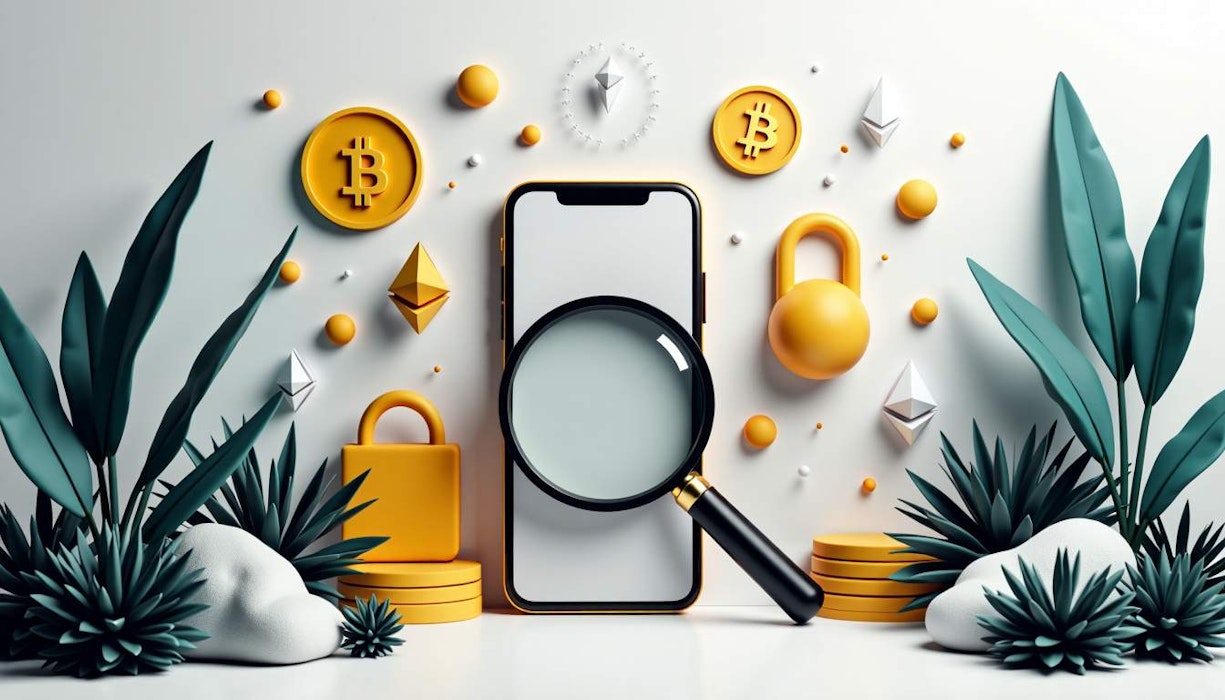I just read about this wild operation by the Australian Federal Police (AFP) where they cracked a seed phrase and seized $6.4 million in crypto from some alleged criminal. This got me thinking about how secure our wallets really are, and the constant push and pull between privacy for users and the needs of law enforcement.
The Crypto Conundrum
Cryptocurrency is supposed to be this revolutionary thing, right? Decentralized, peer-to-peer, all that jazz. But as we dive deeper into this world, one thing becomes clear: securing your digital assets is no walk in the park. The AFP's recent success story shows just how tricky things can get.
They were after Jay Je Yoon Jung, who they claim was running an encrypted messaging app called "Ghost" used for all sorts of shady business like drug trafficking and contract killings. And get this – they managed to access Jung's crypto stash by cracking his seed phrase! That's a big win for them but also raises eyebrows about what other tools they might have at their disposal.
The Tech vs Law Enforcement Showdown
Law enforcement has their work cut out for them when it comes to accessing encrypted crypto. Advanced encryption methods make it nearly impossible without the right keys or passwords. In fact, many times they need a court order just to get suspects to reveal their passkeys! And if you thought failing to comply was bad enough – it can land you with even harsher sentences.
How Secure Are Our Wallets?
Let’s break down some of the tech that keeps our coins safe:
-
Encryption Techniques: Things like multisig wallets and hardware-backed key storage are top-notch at keeping unauthorized parties out.
-
Legal Tools: Sure, law enforcement can seize crypto wallets with warrants but good luck getting into an encrypted one without the passkey!
Blockchain Analysis: A Double-Edged Sword
Even if they can't decrypt directly, law enforcement can trace transactions on the blockchain. This leads us to an interesting point: as crypto becomes more mainstream, so do concerns about user privacy.
Enter Monero, Zcash, and Dash – coins designed specifically to keep your transactions under wraps. It’s no wonder there’s a bounty out from the IRS trying to crack Monero’s privacy features!
Building Better Crypto Apps
For those of us using crypto apps in the USA or anywhere else really, there are some solid practices that could make our experience safer:
First off – two-factor authentication is a must! Then there’s cold wallet storage; only keep what you need on hand in hot wallets. Regular security audits wouldn’t hurt either; better catch vulnerabilities before someone else does.
And let’s not forget about educating users on phishing scams – social engineering is still one of the oldest tricks in the book!
Summary: The Ongoing Battle
At the end of the day, it's a cat-and-mouse game between those looking to protect user privacy and those trying to enforce laws. As technology evolves so does its use (and misuse), shaping how we think about cryptocurrency's role in society.
